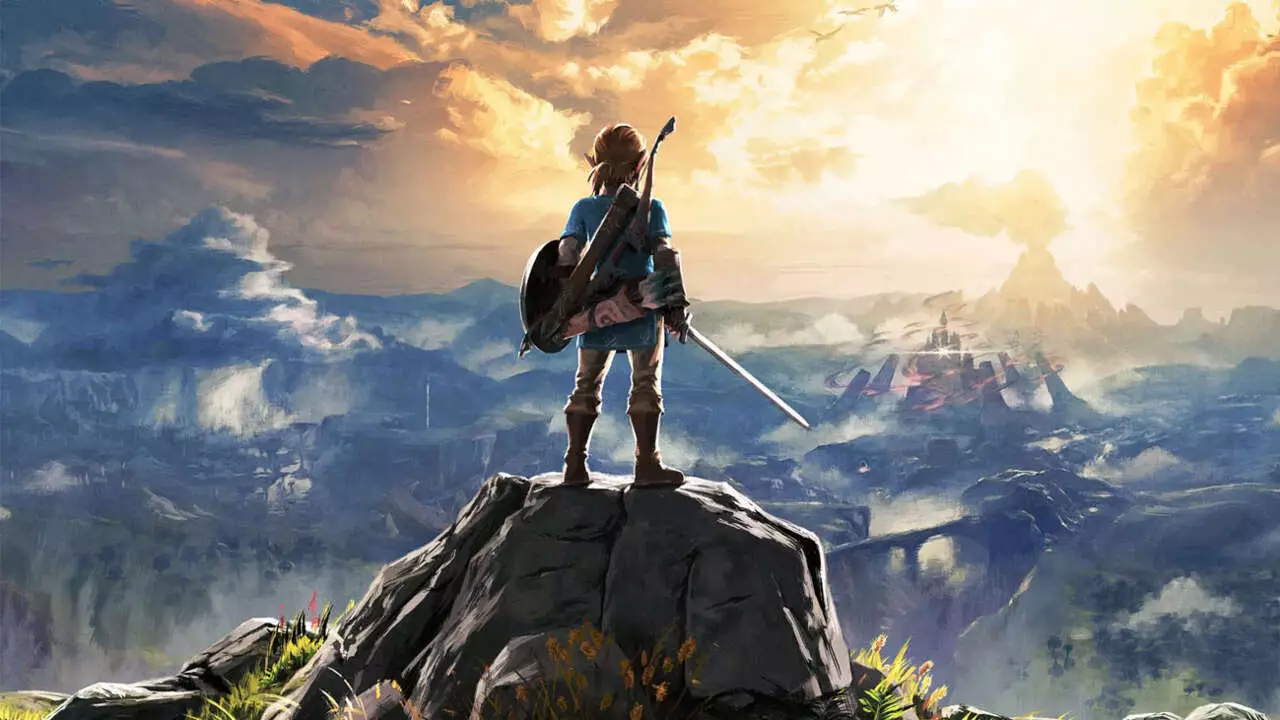Last month, budding filmmaker and actor Chris Carpenter initiated a Kickstarter campaign aiming to create a fan film based on the beloved video game series, the Legend of Zelda. Dubbed “Lost in Hyrule,” this ambitious project sought to delve deeper into the lore of Hyrule by taking place after the events of the classic titles Ocarina of Time and Majora’s Mask. Carpenter envisioned himself in the iconic role of Link, with Avi Lake portraying Princess Zelda, capturing the imaginations of fans eager for more content from a franchise that has spurred countless iterations and adaptations.
The Kickstarter raised about $24,000, suggesting a modest yet encouraging backing from the community. This enthusiasm likely stemmed not only from a yearning to see more of the characters they cherished but also from an eagerness to support independent creators navigating the complex waters of fan culture and intellectual property laws. However, this dream was short-lived and soon overshadowed by another looming reality.
Nintendo’s Unyielding Grip on Its IP
The narrative took a decisive turn when Nintendo—known for its stringent protection of intellectual property—became aware of the campaign. The company has a long history of actively pursuing potential infringements on their rights, as illustrated by their recent actions against a grocery store in Costa Rica that bore the Super Mario name. This reputation for litigiousness is a double-edged sword; while it safeguards their brand, it often stifles fan creativity in an industry where original works can thrive through reinterpretation and homage.
The subsequent suspension of the Kickstarter campaign came as a disappointment, and Dio Traverso, one of the project’s producers, confirmed that no funds would be collected from the backers. He expressed gratitude for support on behalf of Carpenter and the creative team, reiterating the harsh reality faced by many fans who wish to bring their inspirations to life yet remain vulnerable to the stringent legal frameworks established by major corporations.
The Uncertain Future of Fan Projects
The cancellation of “Lost in Hyrule” underscores a broader conversation about the future of fan projects, especially in a landscape dominated by large gaming entities. While fan films can act as tributes and lead to a greater appreciation for original content, they often exist in a precarious zone that can quickly shift from excitement to disappointment when legal boundaries are crossed.
As for Carpenter and his team, while this setback is undoubtedly disheartening, it exemplifies the risks inherent in pursuing passion projects tied to established franchises. As creative endeavors continue to collide with corporate interests, the question arises: how can filmmakers and audiences alike express their love for these iconic narratives without fearing legal repercussions? The cancellation of “Lost in Hyrule” serves as a poignant reminder of the delicate balance between fan passion and corporate protection, leaving many to wonder what the future holds for such projects in an increasingly regulated digital landscape.


Leave a Reply